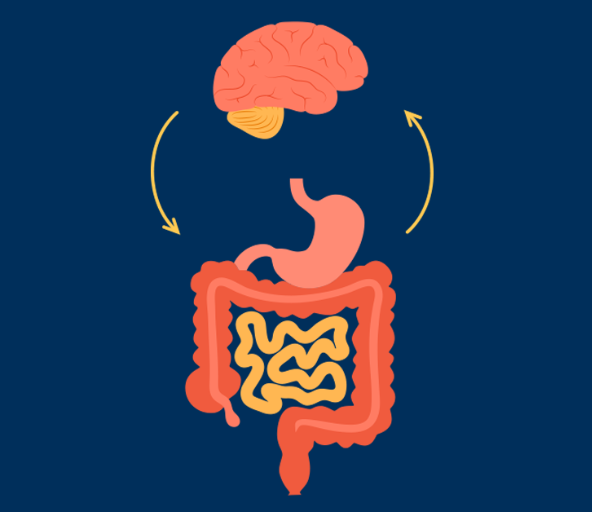
The adage "you are what you eat" has taken on a new dimension with the burgeoning research into the gut-brain axis, revealing a fascinating link between our gut health and mental well-being. The human gut is home to trillions of microbes, collectively known as the microbiome, which play a crucial role in digestion, immunity, and, as recent studies suggest, our mental health. This blog post delves into the current state of research on the connection between gut health and mental health, shedding light on how these two seemingly disparate aspects of health are intricately linked.
The Gut-Brain Axis: A Two-Way Street
The gut-brain axis refers to the bidirectional communication network that links the enteric nervous system of the gut with the central nervous system. This network comprises an array of hormones, neurotransmitters, and immune system molecules. Research has shown that the gut microbiome can communicate with the brain through these pathways, influencing mood, cognitive functions, and even the risk of mental health conditions.
Key Research Findings
-
Microbiome Diversity and Mental Health: Studies have found that individuals with a diverse gut microbiome tend to have a lower risk of developing conditions such as depression and anxiety. Conversely, certain imbalances in gut bacteria have been associated with increased risks of these and other mental health disorders.
-
Probiotics and Mood Regulation: Clinical trials have explored the effects of probiotics (live bacteria and yeasts beneficial for health) on mood regulation. Some findings suggest that probiotics can have a positive impact on treating depression and anxiety, likely through their influence on gut health.
-
Inflammation and Mental Health: Chronic inflammation, which can stem from poor gut health, has been linked to an increased risk of developing mental health issues. The gut microbiome plays a key role in modulating the body's immune response, which suggests that improving gut health could help reduce inflammation and its negative effects on the brain.
-
The Stress Response: Research indicates that the gut microbiome can affect the body's response to stress, which, in turn, impacts mental health. A healthy gut may help dampen the stress response, potentially offering a buffer against stress-related mental health issues.
Implications for Treatment and Prevention
The emerging evidence on the gut-brain connection opens up new avenues for treating and preventing mental health disorders. Modifying the gut microbiome through diet, probiotics, and prebiotics presents a novel approach to improving mental health outcomes. It also highlights the importance of adopting a holistic view of health that encompasses both physical and mental well-being.
The Role of Diet
Diet plays a pivotal role in shaping the gut microbiome. Diets rich in fiber, fermented foods, and a variety of plant-based foods can promote a healthy and diverse microbiome. In contrast, diets high in processed foods, sugar, and saturated fats can contribute to dysbiosis (an imbalance in gut microbiota), potentially affecting mental health.
The Future of Research
Ongoing research into the gut-brain axis is crucial for unraveling the complex mechanisms that link gut health to mental health. Future studies will help identify specific microbial strains with the most significant impact on mental health and determine the most effective interventions for optimizing gut microbiota to support mental well-being.
Conclusion
The connection between gut health and mental health represents one of the most intriguing frontiers in health research. As our understanding of the gut-brain axis deepens, it becomes increasingly clear that maintaining a healthy gut is not only vital for physical health but may be equally important for mental health. Embracing this holistic approach to health could transform treatment strategies for mental health disorders, offering hope for those affected by these conditions.
As we continue to explore this promising field, staying informed about the latest research findings will be key to leveraging the power of the gut-brain connection to enhance both mental and physical health.
